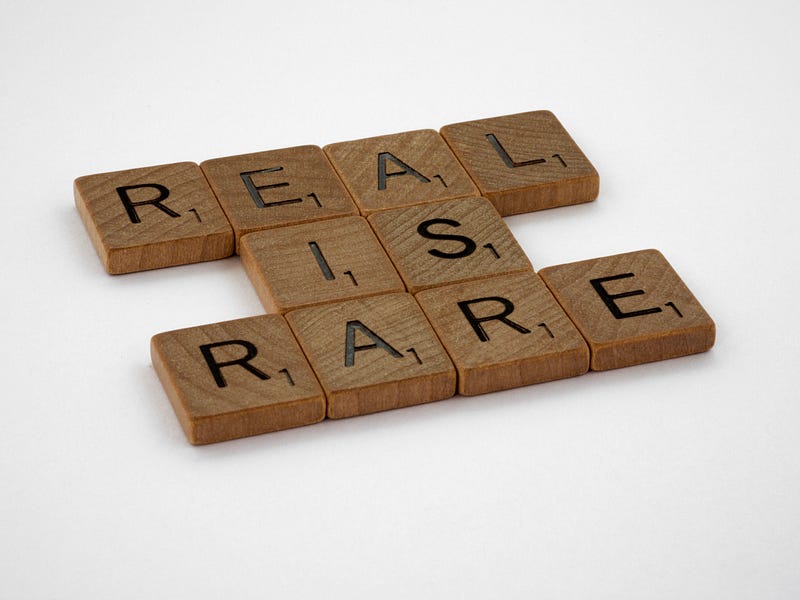Understanding Friendships Amid Personal Growth: A New Perspective
Written on
Chapter 1: The Power of Naming
Giving a name to something can transform it into a recognizable and understandable concept. I came to realize this through an unexpected experience in my martial arts training.
In the beginning, we referred to a basic defense against punches and knife attacks simply as “punch defense.” However, when an instructor from another dojo assigned a specific name to it, everything changed. Although he didn’t invent the technique, the name he provided made it more relatable and easier to explain. It soon became widespread, as if it were a new discovery.
This morning, I reflected on a similar phenomenon regarding friendships. I’ve noticed that certain friends might hinder your journey of self-improvement. Many others have echoed this sentiment. Regardless of whether it’s intentional, a subset of friends can feel threatened as you strive for personal growth.
Rob Henderson, a blogger, articulated this dynamic clearly, and suddenly everything clicked into place. He also offered insights on how to navigate these complex friendships without severing ties. Henderson's background is compelling; he grew up in foster care, faced numerous challenges, and associated with a rough crowd. After joining the Air Force, he pursued higher education, eventually earning degrees from Yale and Cambridge, culminating in a PhD in Psychology. Remarkably, he maintains friendships with many from his past.
Henderson identified a key tension that arises among friends when one begins to improve: the concept of "association value."
Section 1.1: Understanding Association Value
“Association value refers to the abstract value that people have for each other. In short, it asks, ‘how valuable of a friend would this person be for me (and vice versa)?’” — Rob Henderson, Keep Your Head Up in Some Rooms, and Your Head Down in Others
Psychology Today outlines several traits that contribute to strong friendships: trustworthiness, honesty, loyalty, empathy, and more. While we can debate the specifics, it’s evident that ideal friends enhance our lives by sharing their positive qualities.
This is the essence of association value; a friend with admirable traits enriches your existence, and you, in turn, contribute to theirs. However, a crucial question arises: what happens when one party fails to reciprocate?
In Henderson’s view, the second aspect of association value is the willingness to contribute positively. He emphasizes that “People who are willing to help us are more desirable than those who are unwilling.” Even if someone possesses significant value, their unwillingness to share it diminishes their association value.
Thus, both parties must be eager and capable of fostering the friendship. If not, one may invest their time in relationships that yield greater returns. This dynamic can explain why friends might undermine your self-improvement efforts; as you elevate your association value, you may inadvertently leave them behind.
Your progress may attract new friends who align better with your current self, while others might feel threatened by the possibility of being replaced. They may react by sabotaging your growth, whether consciously or unconsciously.
Chapter 2: The WEIRD Factor in Friendships
Henderson offers a valuable strategy: avoid being too “WEIRD.”

Traditionally, we associate authenticity with consistently behaving the same way across different social contexts. In Western cultures, this notion prevails, leading people to perceive any behavioral variation as inauthentic.
However, Joseph Henrich, in his book The WEIRDEST People in the World, argues that outside Western societies, this belief does not hold true. Non-WEIRD cultures embrace the idea of adapting behavior to fit various social settings, much like changing clothes for different occasions.
Henderson, although not familiar with this concept until Henrich's work emerged, naturally adopted a non-WEIRD approach. He refrained from overwhelming old friends with tales of his success. Instead, he maintained a level of humility in conversations, stating, “Even though my life over the last seven years has drastically changed, I don’t want them to think I’m not their friend anymore.”
This perspective reflects a form of social intelligence that can help navigate complex friendships amid personal growth.